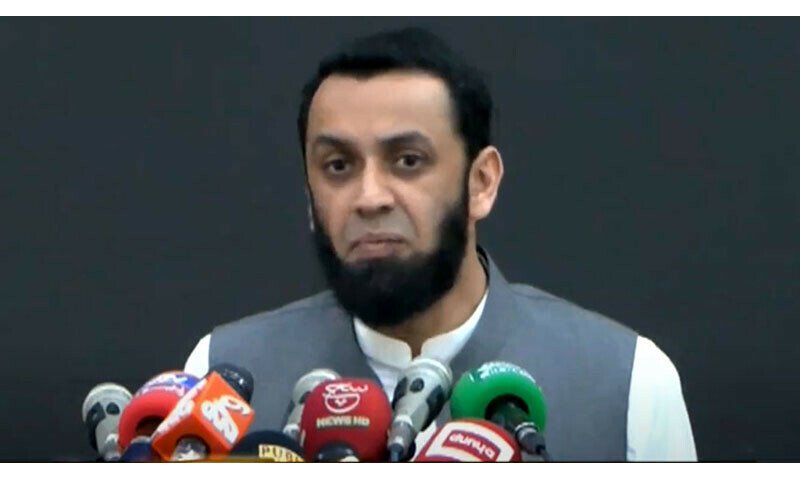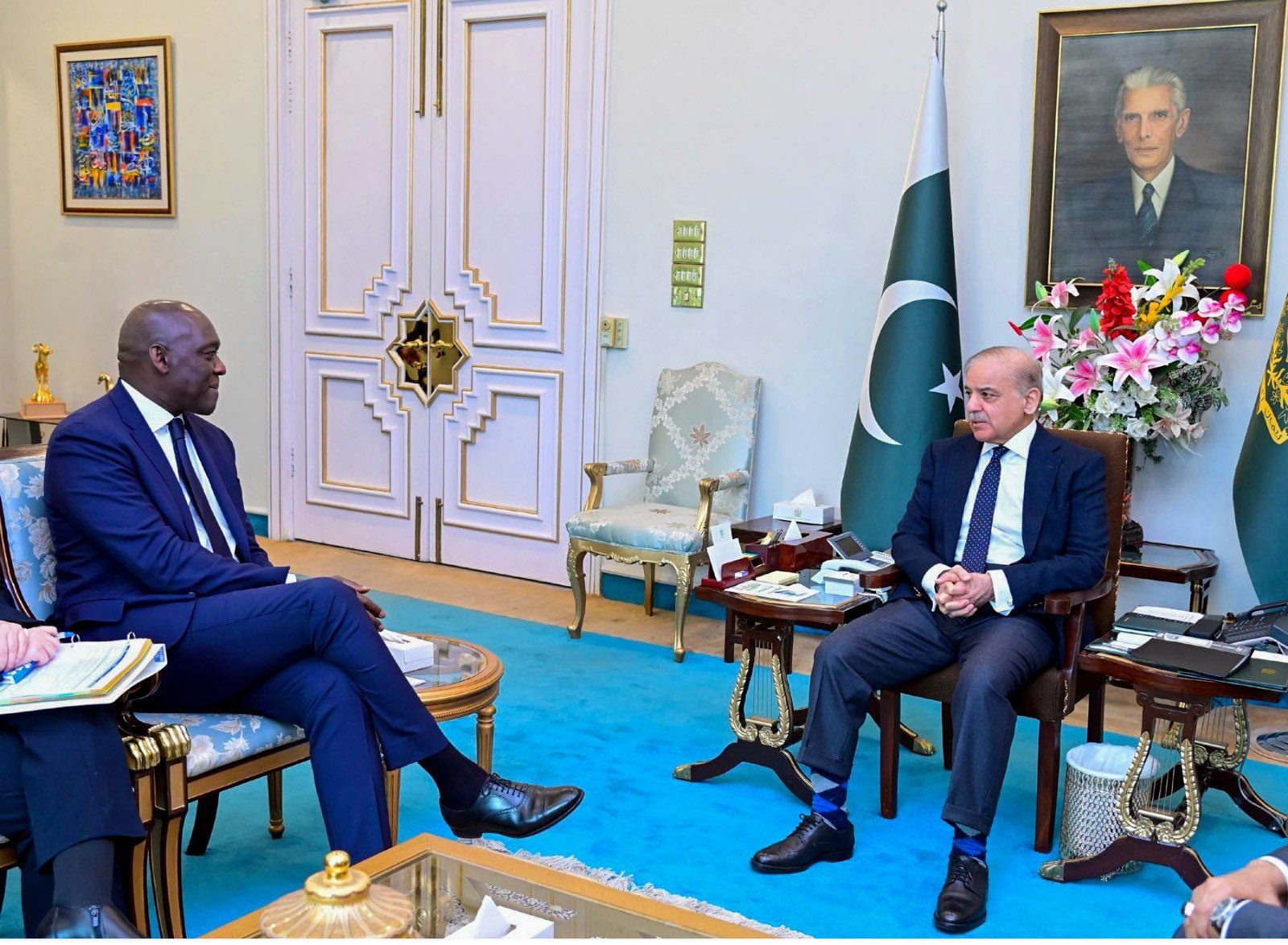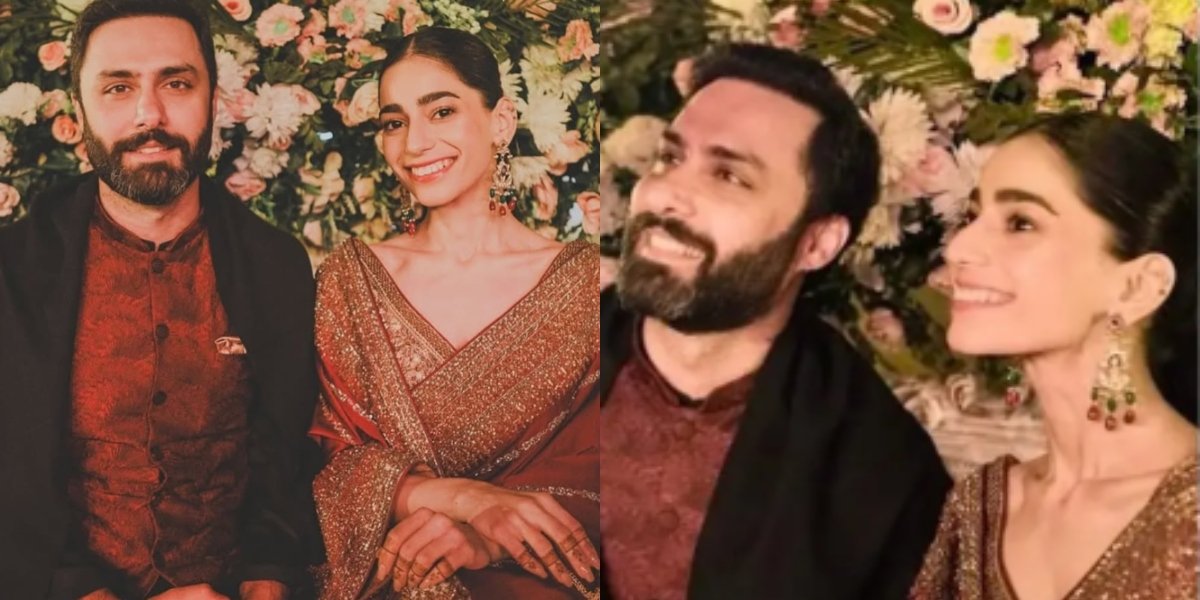Pakistani actress Yashma Gill has broken her silence amid recent controversy over her attendance at an event with renowned scholar Dr Zakir Naik.
He mistakenly interpreted her words to mean that she had left the entertainment industry to focus on her spirituality.

In a statement posted to her Instagram story, she clarified that her microphone malfunctioned, which may have contributed to the misunderstanding between her and the scholar.
Gill expressed her deep respect for Dr Naik’s perspective, noting that he has significantly influenced her life in the past.
In her story, she also sincerely apologised for any hurt feelings caused by this miscommunication and emphasised that she is continuing her career as an actress while striving to balance both “deen and dunya”.

Furthermore, Gill explained that she did not clarify the misunderstanding at the time to avoid interrupting Dr Naik, as she did not want to be disrespectful or offend anyone present there.
Read more: Ducky Bhai meets Dr Zakir Naik
What did Yashma Gill ask Dr Zakir Naik?
Earlier, in an event held at the Governor House, Karachi, Yashma Gill posed a significant question to Dr Zakir Naik.
The first question came from Gill, who shared her personal journey of returning to faith, influenced by Dr Naik’s speeches, after experiencing a period of atheism.
She inquired about the concept of predestination, asking, “If Allah has already written a person’s destiny, what free will do we have? Who is responsible for our choices between right and wrong when we believe that our fate is already determined?”
Responding to her inquiry, Dr Naik acknowledged that this question often arises in the minds of many Muslims. He explained that while some are courageous enough to ask, others may hesitate due to fears of religious repercussions.
Dr Naik elaborated that while Allah possesses knowledge of the unseen and knows the actions individuals will take, humans exercise their free will in making choices. “It is not that humans do what Allah has decreed, but rather that Allah writes what humans will choose to do,” he stated.
Using an analogy, Dr Naik described a person standing at a crossroads with four paths. He explained that while Allah has knowledge of which path the individual will ultimately choose, it is the individual who selects their route based on their own thoughts and decisions.















